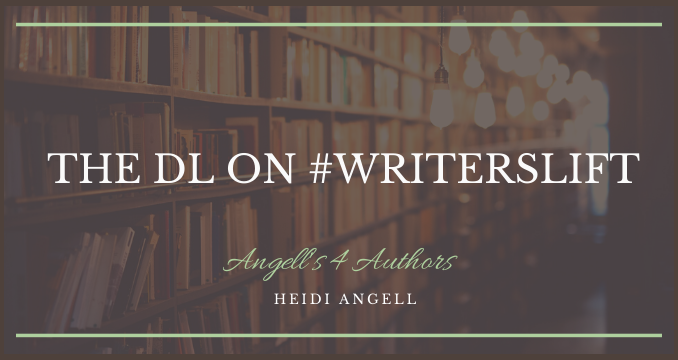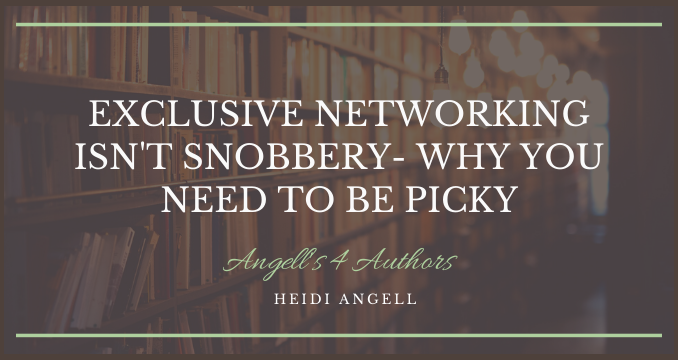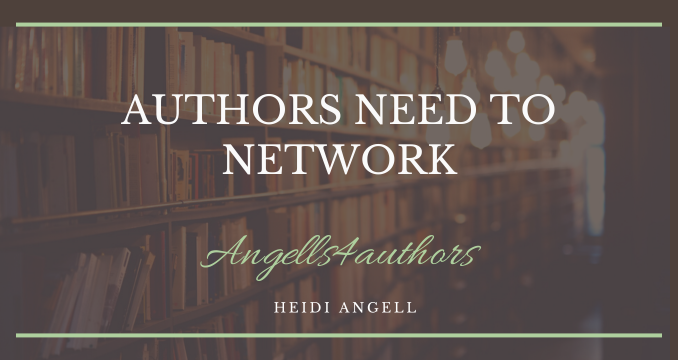The DL on #Writerslift
Heidi Angell breaks down the Twitter phenomena of #Writerslift, what the purpose is, what it should be, some things to beware of, and how to get the most…
Heidi Angell breaks down the Twitter phenomena of #Writerslift, what the purpose is, what it should be, some things to beware of, and how to get the most…
when you are networking, you want to connect with people who are most likely to help you get in front of an audience open to your books, and who will most appeal to your audience. These tips will help you do so.
Networking is probably one of the hardest things for authors, and also one of the most important activities we can do besides just sit down and write. Good networking will help with every step of the writing venture


